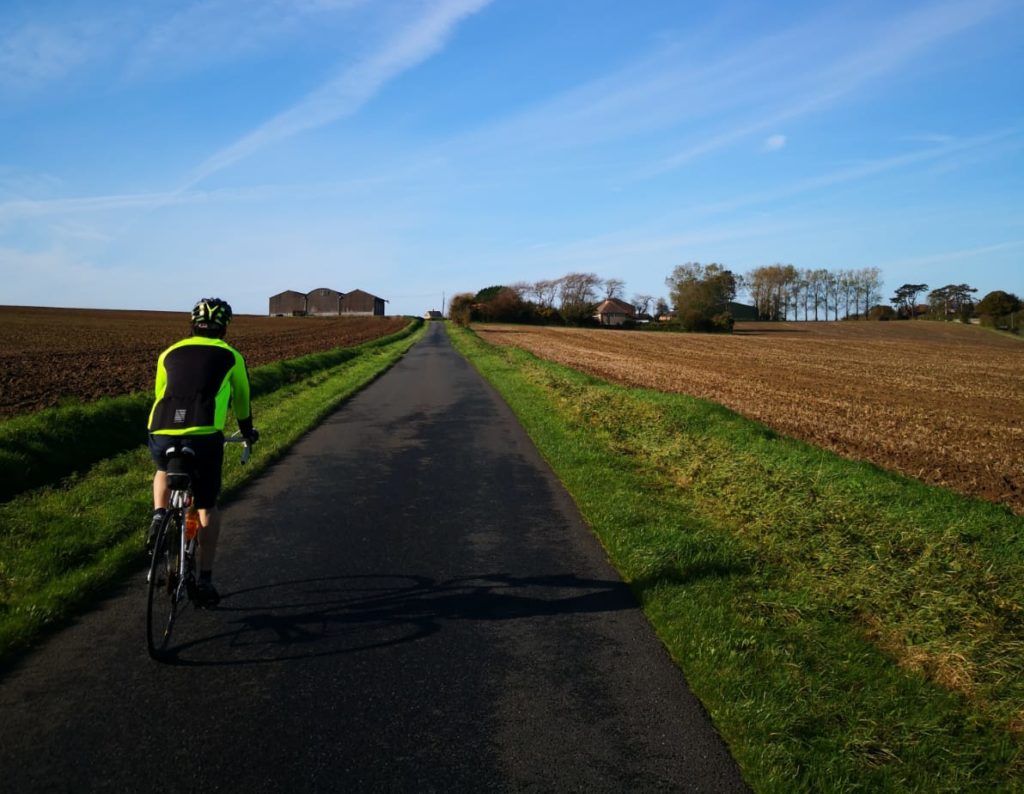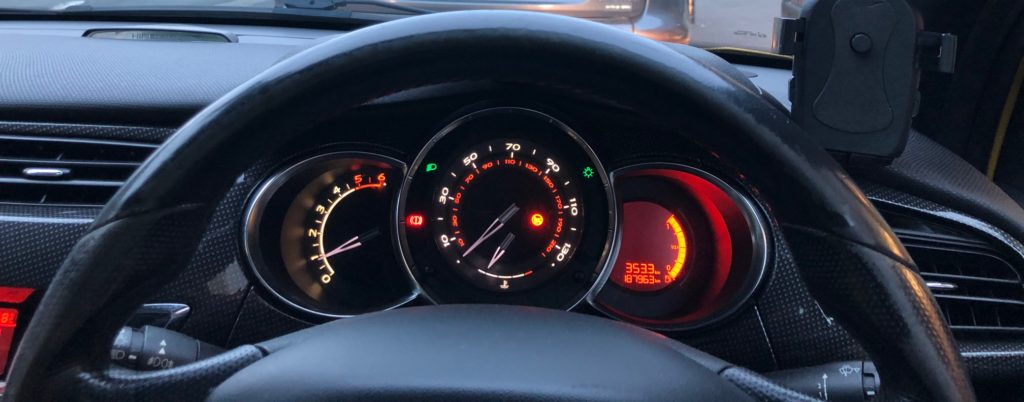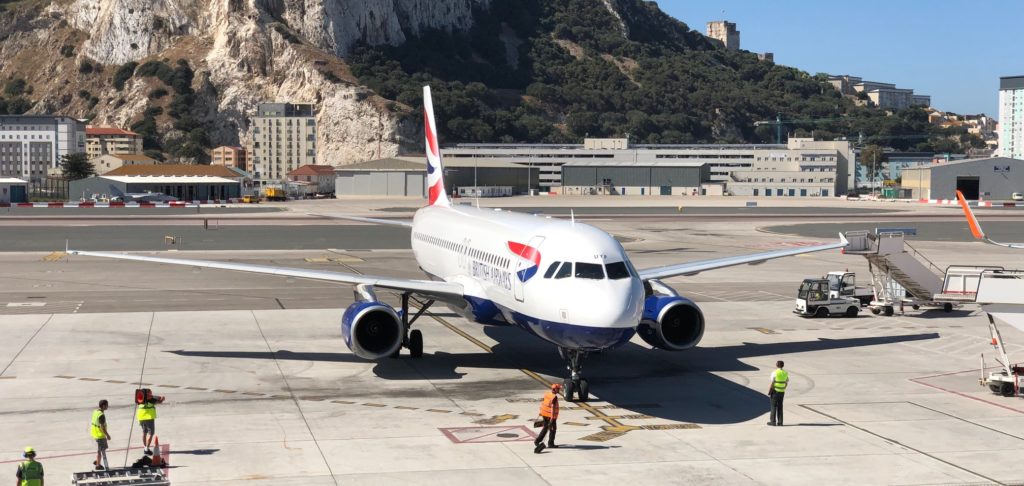I have been an international student for more than a 1/3 of my life and was raised in Hong Kong. There are a few quirks and habits that you should be expecting in the UK that nobody told me before I boarded that British Airways flight 8 years ago. Don't worry, these are not something you should be concerned if you missed them, but it would be nice to keep them in mind to smoothe your transition. This guide is perhaps especially useful if you are from a big city, outside Europe, and you've never read a word of an online travel guide before.
Slower pace

Where I was raised, efficiency was everything. Everyone was rushing their work, escalators feel like an aircraft taking off, and McDonald's can serve a BigMac meal in 1 minute. Not exactly true in the UK. The pace of life is a little slower, more relaxed. It could be a little quick in London but it was really about it. Especially here in Bath, being a "little village" as my mates in London called it. You are not expected to rush through every second here. If you come from a big city, you will need some time to get used to the pace, but it is quite nice to step back a little and enjoy your life. Of course, I don't mean you can take your absolute sweet time in doing your work, but there is no need to finish your report, answer phone calls and preparing a presentation all at once.
You'll be saying sorry and thank you every day
One of the many quirky features that we have in the UK is politeness, and everyone is fairly proud of that. If you are spending your day in the town centre or on campus, you might find yourself thanking people or being thanked dozens of times every day, the same goes for apologising. This might seem improbable, but I can prove it by giving you a series of scenarios:
*Bumped into another student at the bus stop*
You: "Oops sorry! Excuse me."
*bus driver hands you your ticket*
You: "Thank you!"
*Trying to find a seat*
You: "Sorry can you move your bag/Sorry is anyone sitting here/Sorry may I sit here?"
In just 2 minutes of getting on the University bus, there is a great chance that you would have apologised or thanked something at least once, so keep that in mind. Remember it is a rule of life to be nice to people, and being nice and polite does not cost you a penny!
Three important cards as a uni student: Library card, debit card, and driving license photocard
These three items may seem logical to a UK student, but might not be so for an international student, so allow me to explain.
Your Library card is what you will get on your first day at the University of Bath, it is just another name for your student ID card. It represents more than just getting in the library or entering a computer lab, a lot of shops and restaurants in the UK offer student discounts, which are brilliant ways to save money as a student, so it would be a shame if you cannot prove yourself to be a student by forgetting your library card and not saving those 25% off RRP's (Recommended Retail Price).
A debit card is essentially your bank card. Personally, I prefer debit cards to credit cards as I like to keep my budget clean. The UK is encouraging using cards at many places, as it is faster than paying cash, so get yourself a bank account and a debit card for purchasing anything.
Driving license might not sound important for those not intending to drive, but I highly recommend that you should consider otherwise. Not only will you have the most free-time whilst in uni, but it's also your passport to personal freedom (after getting a car and valid 3rd party insurance). Driving is a skill for life. Also, a driving license is often used for ID in the UK, so if you need to buy some drinks, a driving license is always handy.
Bonus: 16-25 Railcard. If you are aged 16-25 you can apply for a railcard. You can use the railcard and get 33% off every time you buy a train ticket and trust me, the ticket would pay for itself in no time at all.
Keep your recycling neat!

This is a classic "first-day-living-on-my-own" mistake and might be more common to international students and people who live in apartment buildings. It is very common in the UK that rubbish and recycling are collected once or twice a week. In order to reduce waste and encourage people to recycle, at the moment, rubbish is collected once every other week in Bath, and every household is limited to one wheely bin only. Any rubbish bags that do not fit into the bin will not be collected and you have to sort it out yourself. Usually, a wheely bin can fit 3 bags of rubbish, which should be enough for a typical household, but definitely won't be if you chuck everything in there. Therefore, this is where the recycle bins come in.
You can recycle plastics, paper, aluminium tins, cans, glass, as well as food waste. These should be separated in the bin or they will not be collected. These are picked up once a week to encourage more recycles. And remember, you need to leave the bins outside your house, on the pavement, because anything behind the pavement is usually your private property and the workers do not have the right to collect them.
What is that unit?

The UK uses a fantastic mix of measuring units, both metric and imperial. This usually will not impact anyone but this might be a surprise if you have never been to the UK and you never expected it.
Mile vs Kilometre (yes we spell "re" in British English)
The Brits tend to use miles on the roads as a bit of a habit, apart from things in the engineering department. The kilometre is usually what other countries are using so you will need to get used to using miles. 1 mile = 1.6 km.
Pound vs Stone vs Kilograms
In measuring weights, pounds are slowly being ditched in the UK and more people are changing to kg. For your reference, 1 kg = 2.2 pounds. Also, what is a stone? Stone is often used for measuring body weights, 1 stone = 6.35 kg.
Pint vs litre
This is the most important unit if you are a student because alcohol usually comes in pints. This is very common in pubs and when you need to buy milk in a supermarket. 1 litre = 1.76 pint. Don't drink too much!
Ground transports cost a fortune, but flights are cheaper than anywhere

There are several public transport choices if you need to travel within the UK. In my opinion, trains are quite expensive in the UK, even after using the railcard, they are still astonishingly expensive for a student, but it is usually the fastest and most comfortable way to travel. Alternatively, you can try using a coach. They are a lot cheaper, and getting more comfortable over time, but not they're not breaking any speeding record soon. Renting a car is usually out of the question as most companies will not rent out a car to anyone under 21, some even 25.
However, you might be pleased to know that we take pride in our budget airlines, which are some of the cheapest in the world. You might find yourself a £4.99 ticket to France, Germany, Denmark from a certain Irish budget airline. Tickets that cost £20, 30 that go further are not uncommon either. I have taken advantages of many online sales, and quite often, getting to and from the airport costs twice as much as the plane tickets themselves.
Never keep learning!
Studying abroad is a once-in-the-lifetime experience. Covering everything that you might find strange or awkward is impossible, so my universal advice is: keep an open mind to everything and learn as much as you can. Getting insights from being in the local culture is not something you will regret.
Respond
